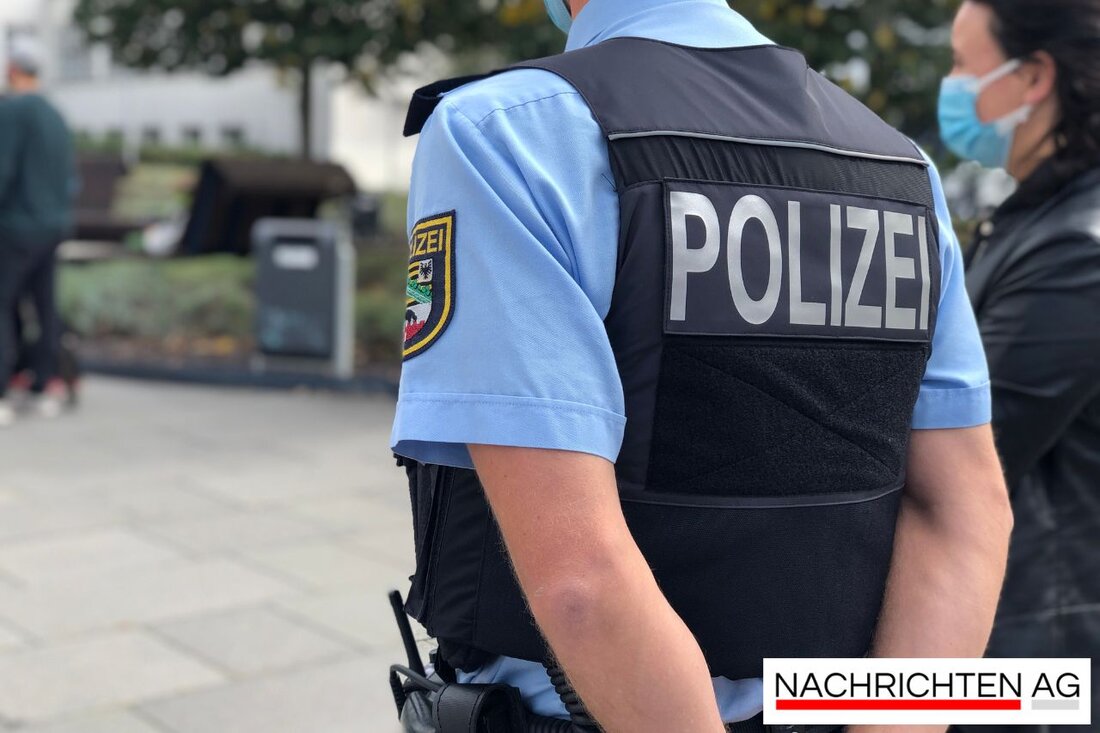Alcohol intoxication in Vienna: man shows Hitler salute and causes scandal!
A very drunk man gives the Hitler salute and throws a glass in downtown Vienna. Police arrest him.

Alcohol intoxication in Vienna: man shows Hitler salute and causes scandal!
On June 7, 2025, a dramatic incident occurred on a night that quickly became unforgettable for the guests of a bar on Spiegelgasse in the inner city. At around 1 a.m., a 50-year-old Austrian not only performed the Hitler salute in front of an assembled audience, but also became violent when he threw a glass at an employee. The man was heavily intoxicated; an alcohol test showed almost two per thousand. He was arrested by police at the scene and faces serious charges: attempted bodily harm and violating the Prohibition Act, which glorifies criminal acts.
The officers from the Inner City Police Command, who were quickly alerted, reacted quickly and took the man into police custody. Unfortunately, this aggressive behavior in a bar is not an isolated case. Almost half a year earlier, on December 8, 2024, a 31-year-old man was reported in Vienna-Donaustadt for giving the Hitler salute after being denied access to an indoor playground. Aggressive behavior was also involved here: he spat at and insulted the security staff before he started his journey home.
Alcohol and aggression
But what leads to such behavior, especially considering the role of alcohol? Research shows that not everyone becomes aggressive under the influence of alcohol; There are many factors that can contribute to aggressive behavior. According to experts, brain activity can be significantly changed with increased aggressiveness under the influence of alcohol. Impulse control is already severely impaired at a blood alcohol level of 0.5, which can lead to drunk people evaluating certain signals irrationally and increasing their aggressiveness.
Emotional instability and stress are triggers that increase the risk of violent reactions. People who grew up in violent environments or who have experienced violence themselves are more likely to behave aggressively under the influence of alcohol. Hormonal changes that occur with alcohol consumption can also increase the perception of aggression by increasing serotonin production in the central nervous system. These findings help to understand why escalations often occur in alcohol-fuelled situations.
The Spiegelgasse incident is another worrying example of how alcohol consumption and aggressive behavior patterns can come together in our society. The authorities are required to act not only in the sense of prevention, but also to ensure safety in public spaces. Every incident like this makes it clear that it is important to remain vigilant and strengthen social responsibility.
For further information about the background to these incidents and their social context, we refer to the articles by 5min, Vienna.at and Mywaybettyford.

 Suche
Suche
 Mein Konto
Mein Konto